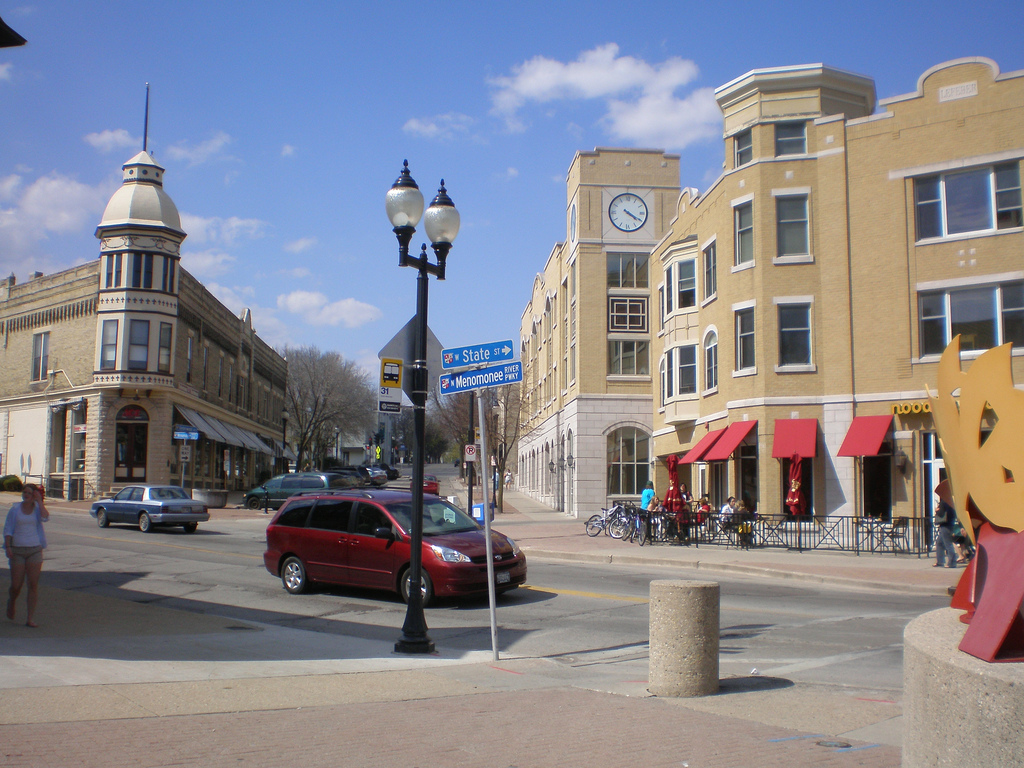County Seeks Suburban Affordable Housing Projects
Looking to use $15 million in federal ARPA funds for gap financing of affordable housing.
Milwaukee County’s Housing Division, in partnership with the Community Development Alliance (CDA), is seeking proposals from affordable housing projects in Milwaukee County suburbs that need gap financing.
Earlier this year, county officials approved a plan to use $15 million in federal funds from the county’s American Rescue Plan Act (ARPA) allocation to support affordable housing projects in suburban communities. The project is being driven in part by the lack of affordable housing options in the suburbs, which limits the mobility of county residents.
What the county is offering, Mathy explained, is gap financing. The funds can be used to cover construction costs, to be used in conjunction with Low Income Housing Tax Credits, or to reduce the rent on units that would otherwise be leased at the market rate. All projects will need to maintain the affordability for a period of at least 20 years.
The county plans to solicit projects for funding in two rounds, with the first round offering $12 million and the second $3 million. With both, the plan is to maintain a rolling request for proposals that remains open until the funds have been expended or allocated to projects. The funding pool for these projects do come with a deadline, though, as ARPA funds have to be allocated to a project by the end of 2024, per federal rules.
Mathy said the county is not currently concerned about the ARPA deadline for this project. The most heavily-weighted criteria for scoring project submissions listed on the RFP is “project readiness.”
When the proposal was first discussed, Mathy said projects in the city of Milwaukee would not be excluded from consideration, but noted that the city received its own sizeable ARPA allocation and the suburbs have significantly fewer affordable housing options. The county’s suburban communities have been historically opposed to affordable housing projects, and historically racist housing practices have excluded county residents of color from buying homes and building wealth in these communities.
“The foundation of housing is one of the main social determinants of health, and there still remains a large gap as relates to homeownership for African-Americans throughout Milwaukee,” County Executive David Crowley said when he signed off on the spending proposal.
Mathy said that he’s seeing the suburban resistance to affordable housing beginning to crack. “One of the things I’ve noticed is that, in the past few years, municipalities appear to be way more open to affordable housing, in their respective municipalities than they were before,” he said. Not only are some of the municipalities open to the projects, they are actually seeking them out, he said.
Wauwatosa Mayor Dennis McBride joined Crowley at the signing of the county resolution setting this funding aside, and said that the suburb he represents is “a city of wealthy homes” with a “problem of affordability.”
Political Contributions Tracker
Displaying political contributions between people mentioned in this story. Learn more.
MKE County
-
Ron Johnson Says Free-Market Principles Could Fix Education
 Jul 17th, 2024 by Graham Kilmer
Jul 17th, 2024 by Graham Kilmer
-
RNC Will Cause Some County Services To Be Moved to Wauwatosa
 Jul 12th, 2024 by Graham Kilmer
Jul 12th, 2024 by Graham Kilmer
-
Hank Aaron State Trail Will Be Closed For RNC, State Fair
 Jul 12th, 2024 by Graham Kilmer
Jul 12th, 2024 by Graham Kilmer






















